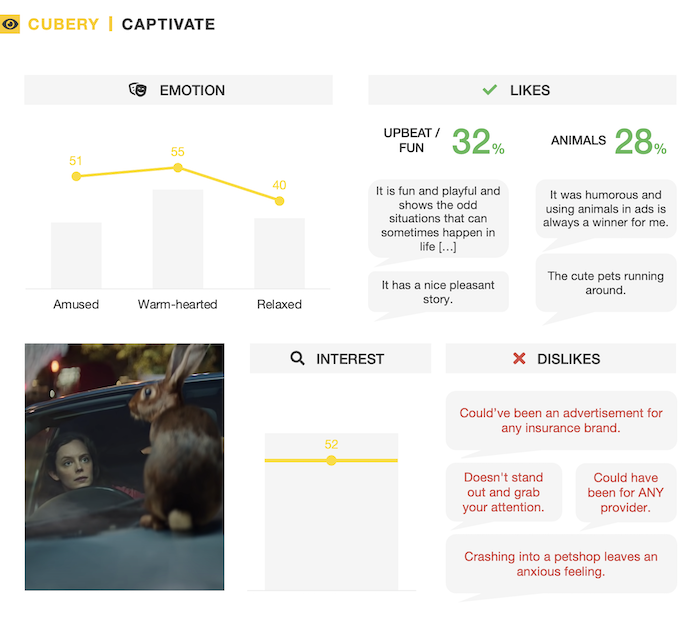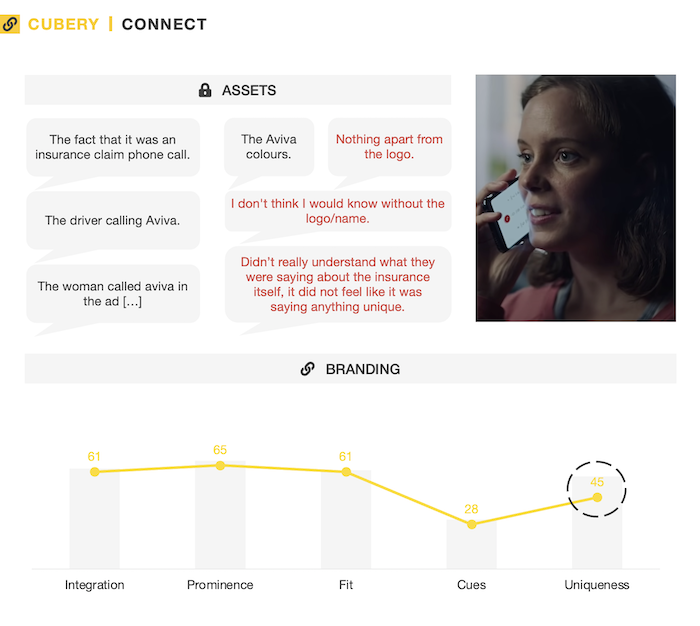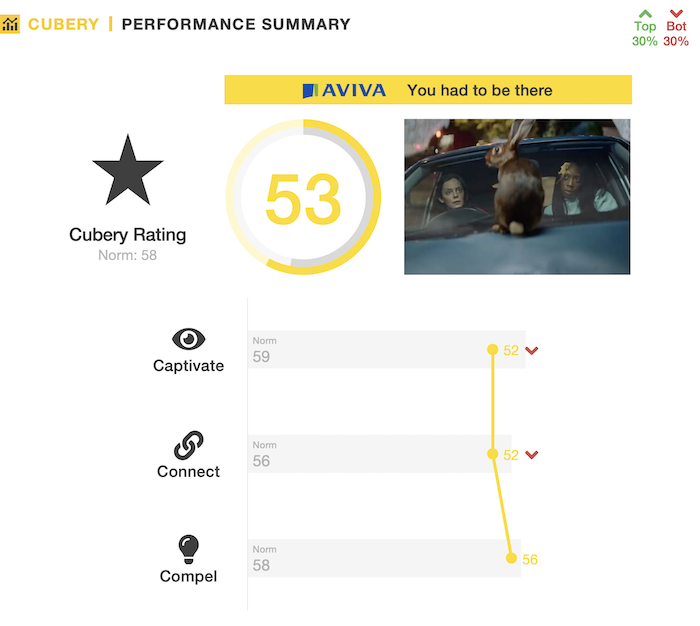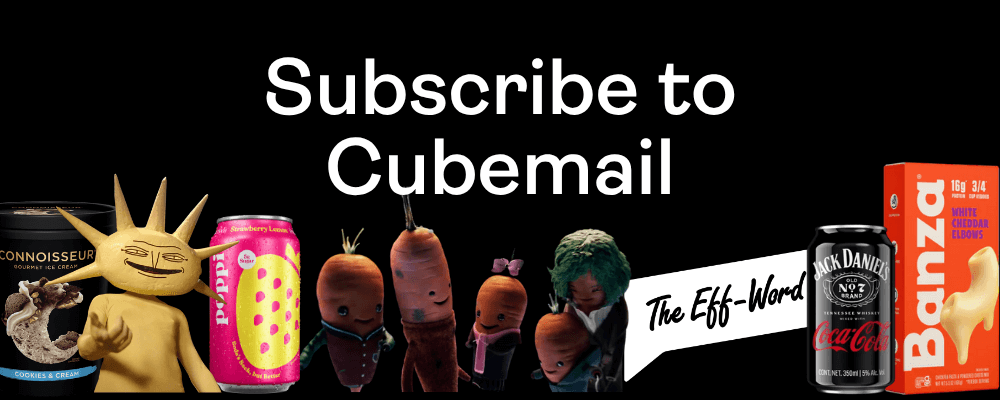
Unfortunately, Internet Explorer is an outdated browser and we do not currently support it.
To have the best browsing experience, please use Google Chrome, Firefox, Microsoft Edge or Safari.
We use cookies to improve your experience on our website. By continuing to browse this website, you agree to our use of cookies. For more information, please refer to our privacy policy.

This is a self-funded case study using our Advertising Testing solution.
Financial service brands often struggle with the need to reinforce strength and stability, while at the same time building personality and standing for something that elevates them above the competition.
UK insurance giant AVIVA is one such brand in this predicament, having undergone a significant shift in positioning over recent years. While traditionally associated with a more comedic approach – actor Paul Whitehouse starred as the face of the brand’s marketing up until 2015 – AVIVA has since started putting “empathy and expertise” ahead of laughs.
Prior to the release of its newest campaign platform – ‘It takes AVIVA’ – which reflects the brand’s shift toward empathy, AVIVA took a more light-hearted approach with their ‘You had to be there’ campaign. Featuring animals on the loose after a customer accidentally crashes into a pet shop, it presents AVIVA as the hero – helping the driver navigate through a sticky situation, and attempting to stand out in a category where brands struggle to meaningfully differentiate themselves.
To assess the ad’s effectiveness, we used our three C’s framework:
While it might feel like a cliché, cute and adorable animals provide an easy shortcut to appeal, particularly when mixed with a dose of humor. Emotional response to the ad was largely positive, with imagery of animals on the run generating a fun, light-hearted, and pleasant tone – eliciting feelings of amusement and warmth.
However, for many others the tone was overly passive, with the slow unfolding narrative struggling to maintain a high level of interest. Others felt the approach was quite generic to the broader insurance category.

While the problem-solution narrative structure left people feeling as though the ad was a reasonable fit with insurance, the shift in style and tone meant it wasn’t regarded as overly synergistic with AVIVA.
When established cues are absent it places greater emphasis on the brand to be the narrative’s hero – while the phone call immediately following the crash helped link the ad’s events back to AVIVA’s emergency claims service, little else reinforced this connection.

The ad did a reasonable job of communicating that AVIVA is ‘reliable’ and ‘puts customers at ease’. However, this messaging wasn’t considered particularly new, and did little to differentiate the brand from competitors.
As a result, while messaging was delivered clearly – and in a fun and authentic way – the ad struggled to channel this warmth and positivity into strong emotional affinity toward AVIVA, ultimately driving only average predisposition.

For categories considered ‘lower interest’, such as insurance, there’s a persistent belief that higher levels of engagement and emotion aren’t possible. Some brands, like Geico, continue to prove that wrong – rising to that challenge again and again.
AVIVA attempted to pull on many of the levers we know underpin the most effective advertising – including animals, comedy, and narrative. And to a certain extent it worked; people were left feeling a level of warmth, with the ad reinforcing perceptions of reliability and trust. However, on the whole, the story was largely bland and uninspiring – failing to strongly move people.
While AVIVA got some things right, its opportunity – like a lot of other financial services brands – is to prioritize emotion. Heightening the twists and turns – through character development and storytelling – will help elicit a more intense emotional response, and thus have a better chance of shifting entrenched attitudes and perceptions toward the brand.

Get in touch to receive the full report.
Want to test your own advertising, packaging, or product ideas? Cubery combines a team of creative effectiveness experts with cutting-edge technology, bridging the gap between creativity and commercial impact. Get in touch to learn how we can unlock growth for your brand.
